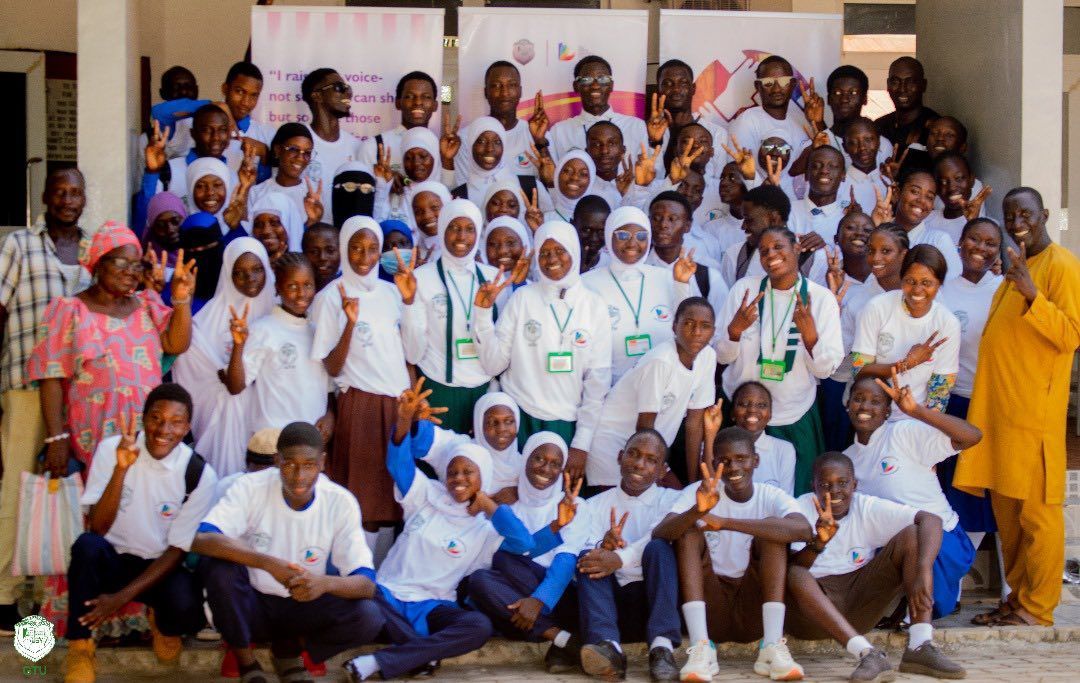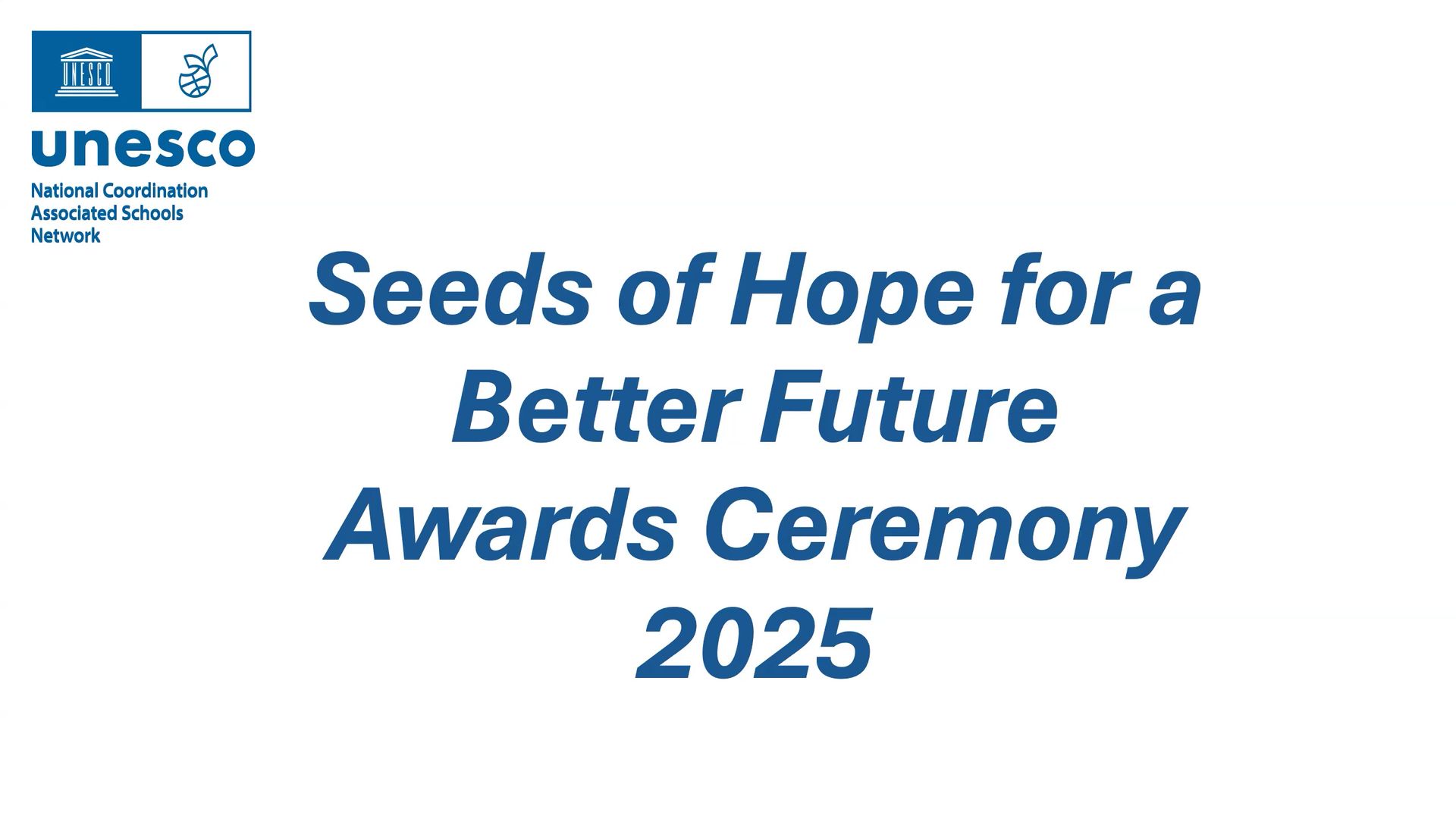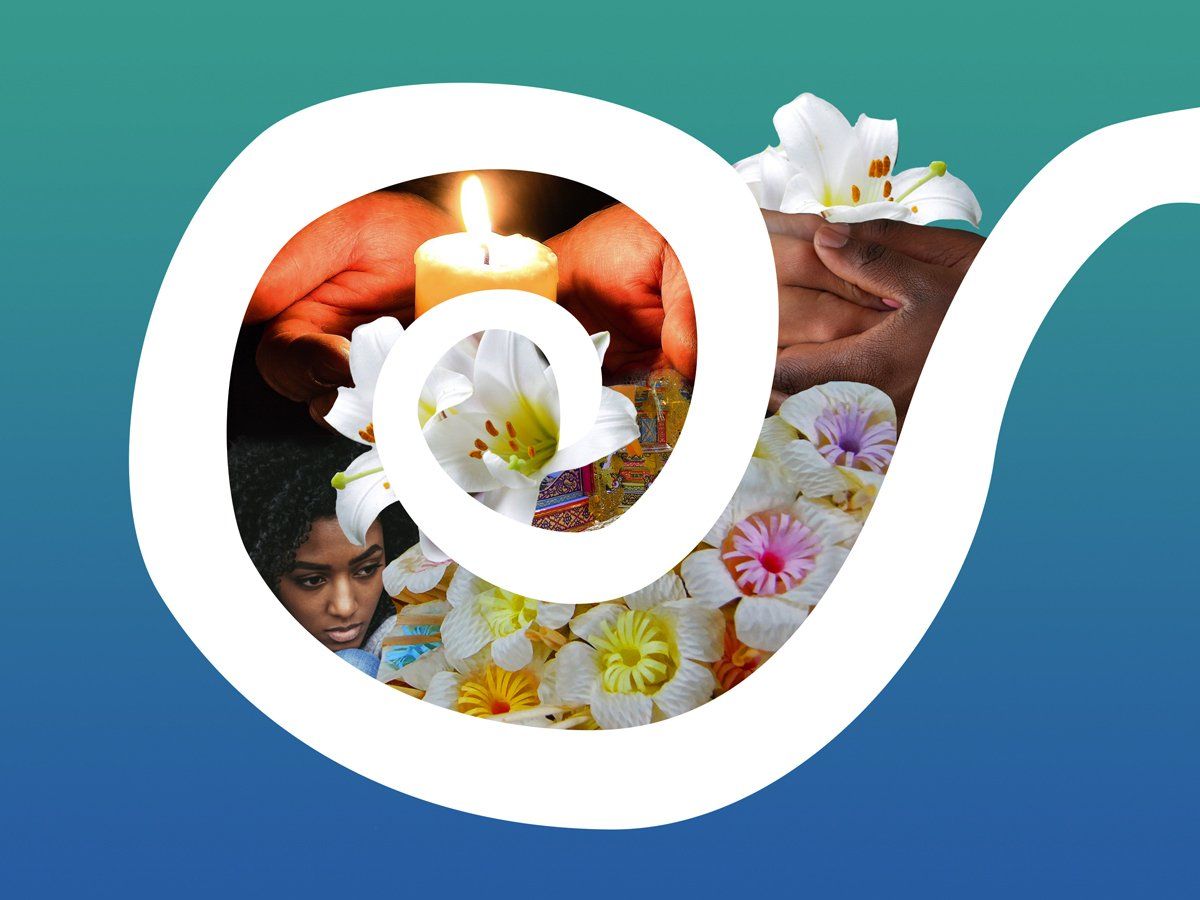By Ann Beatty
•
October 3, 2025
The Steve Sinnott Foundation is proud to celebrate the inspirational winners of the 2025 Seeds of Hope for a Better Future competition, a global initiative supported by UNESCO that brings together creativity, community, and a shared commitment to peace and sustainability. This unique project invited schools across the world from nursery and primary through to secondary and high school to explore the values of peace, cultural understanding, and care for the planet. In the face of climate change, young people were asked to tell their stories through art, performance, and digital creativity, highlighting how small seeds of action can grow into powerful movements for hope. The results have been extraordinary. Schools in France, the UK, Gambia, Haiti, and Kenya have been recognised for their outstanding contributions, with projects ranging from community gardens and sculptures to dance performances and illustrated stories. Each winner has shown how young voices and imagination can nurture peace and sustainability in ways that inspire us all. The full Awards Ceremony can be watched linked here: S eeds of Hope For A Better Future Awards Ceremony 2025 Highlights from the Winners Oak View Primary and Nursery School (UK) created Faces of Feeling, a collection of joyful sculptures already exhibited in a local gallery. Judges praised their work as supporting the wellbeing of others and embodying the idea of children as true “Seeds of Hope.” St Joseph’s Senior Secondary School (Gambia) painted Campaign for a Sustainable Banjul , reflecting real-world climate action in their city. The judges described it as “a most deserving and robust winner.” In France , the Jardin d'Enfants des Nations Unies (United Nations Nursery School) won hearts with Wind of Peace , where 5-6 year olds combined drawings, paintings, and tree planting to champion reforestation. Lyng Hall Secondary School, Coventry (UK) collaborated with Henley Green Primary and the UK Literacy Association to produce The Heart Shaped Hole – an innovative and metaphorical take on Seeds of Hope. Earlsdon Primary School, Coventry (UK) impressed with Primary Plot , a project that included gardening with the visually impaired, reflecting inclusivity and sustainability. A remarkable cross-collaboration between 21 schools across West Yorkshire, Essex, and Tower Hamlets (UK) resulted in Lights, Camera, Score , an ambitious combination of animation, music, and storytelling. CIMA Community School of Hope, Haiti shared Konbit - a video of dance and solidarity, inspiring villages to work together for peace and dignity. Daraja Academy, Kenya presented an ambitious and optimistic project integrating sustainability into everyday school life. Celebrating Creativity and Peace This year’s competition was judged by an impressive panel of artists, writers, and cultural leaders including Sir Antony Gormley, Edmund de Waal, Dame Liz Forgan, Hugh Quarshie, and Rathna Ramanathan. Their collective expertise highlighted the quality and depth of the entries, each of which showed how art can be a powerful tool for global understanding and change. The Seeds of Hope initiative is part of UNESCO UK’s Arts and Culture for Peace programme, first launched in 2022. It has grown from earlier collaborations such as the Coventry Young Ambassadors’ Islands of Peace Japanese Garden , opened in 2021 a living reminder that seeds planted in communities can continue to flourish. Highlights from the ceremony can be found here at this playlist Looking Ahead As Ann Beatty, UNESCO ASPnet UK National Coordinator , shared: “The quality of entries was extraordinary. We are delighted at the response to this amazing initiative in collaboration with our international partners.” And in the words of judge Jannette Cheong : “Young people around the world understand well the value of peace and tolerant relationships between cultures. Their creativity is an inspiration to all of us.” At The Steve Sinnott Foundation, we believe that education is the seed from which hope grows. The Seeds of Hope competition is a shining example of how young people through creativity, compassion, and collaboration are already shaping a more peaceful and sustainable future. You can access the full online awards presentation here: Seeds of Hope For A Better Future Awards Ceremony 2025





